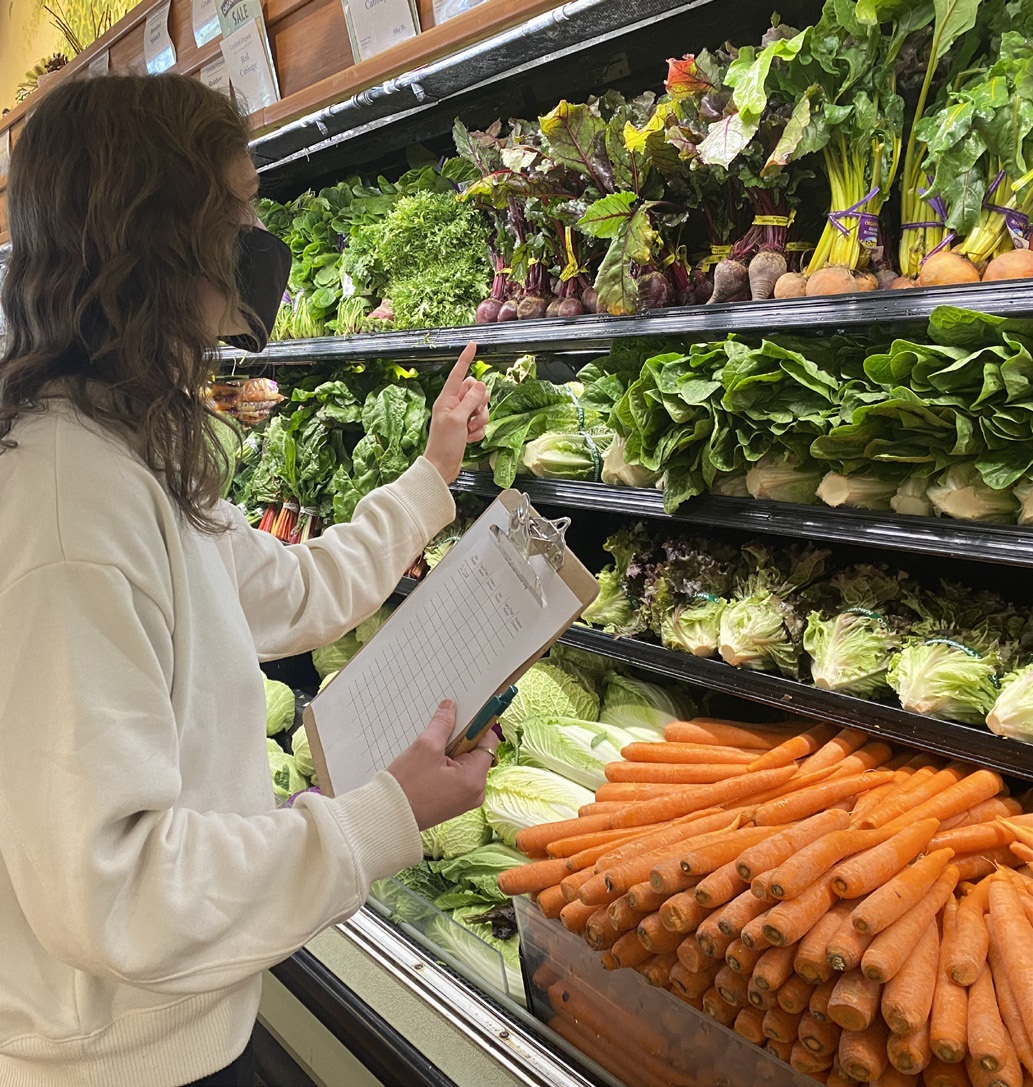Required vs Voluntary Certification
Retail establishments are not always required to become certified and it depends on activities performed on-site, systems by which items are sold, to whom products are sold (end-user vs. processing site or another retail unit). If a retail establishment would unless like to use the USDA organic seal to represent processed products as certified organic or to generally represent the entire retail establishment as a certified organic operation then certification is a requirement. Although retail establishments may not always be required to become certified, those that are excluded may go the extra mile and voluntarily seek certification.
Here are the most recent exceptions from certification: CURRENT NOP REGULATION
Requirements & Benefits of Certification
Consumers rely on retail stores to properly handle and label organic products and protect organic integrity of the product from the moment it arrives to the store to the moment it lands in the shopping cart. Organic certification can not only provide a heightened level of verification to retail stores that are committed to protecting organic integrity, but it can also increase marketing, messaging and education opportunities by expanding the retailer’s use of the USDA organic seal. At the end of the day, retailers that choose to get certified are inviting in a 3rd party inspector to verify all of their organic claims and practices. This is an important step that many consumers care about.
The process of organic certification can help you identify areas in your store where commingling or contamination of organic products could occur and where labeling could be improved or corrected. It is the organic inspector’s job to identify non-compliances and areas of improvement. By receiving a copy of the inspection report and the findings of the certifying agent, you gain a comprehensive evaluation of your store’s compliance with the USDA organic standard. Certification is an annual process. At this time, the entire store may be certified or you can request certification for specific departments.
When the organic certificate is received, the retailer can advertise itself as a certified organic store if all departments are certified, or it can advertise the specific department(s) that are certified. The main benefit of certification is the guidance and education that comes with the certification process, and being able to let your customers know that every organic claim in the store is verified through a 3rd party annual on-site inspection. It also allows you to comfortably use the USDA seal on products that are processed in the produce, meat, bulk or prepared food departments of your operation and/or prominently display the USDA organic seal to let your customers know that your operation is certified.
There are also additional marketing and sales opportunities that come with certification. Retailers which process or package certified organic products and sell off-site to other retail stores must be certified. For instance, an in-store bakery that bakes organic bread products and sells to other retail stores or locations must have the bakery department certified. In this situation, it is not a matter of using the USDA organic seal or not, it is a requirement to be wholly certified since sales are not to the end-user/consumer. Retail establishments are only exempt from certification if they process and sell products on the premises of the retail location to the end-user. Off-site processing or any sales that take place off-site require certification to make an organic claim.
Organic certification offers a suite of benefits from 3rd party verification, to education to increased marketing and market access opportunities. Is certification easy? No, definitely not, but it may be worth it.
In order to comply with the USDA organic standard for certified retailers, certified retail stores must:
 Apply for certification with a USDA accredited 3rd party certifying agent
Apply for certification with a USDA accredited 3rd party certifying agent- Implement and follow a written Organic System Plan.
- Verify organic suppliers and sources.
- Ensure that all organic products comply with composition and labeling requirements.
- Inspect all areas of the retail store to identify where organic products have the potential to be commingled or contaminated by non-organic products and prohibited substances.
- Implement protocols to prevent commingling or contamination problems.
- Properly label fresh produce, bulk, meat and prepared organic products.
- Train employees to properly handle organic products.
- Keep appropriate records for 5 years.
- Undergo a yearly inspection from a USDA accredited certification organization.
The organic certification process begins when the retail store requests certification information and an application from a certifying agent. An important factor in choosing a certifying agent is whether it performs inspection for your type of organization. Other factors include cost, level of service provided, and customer recognition.
The entire process of organic certification can take as long as 8-12 weeks initially. At the very least, you should expect the process, from when you submit a complete application, to take 2 months. When you are getting information from a certifying agent about their timeline and procedures, make sure and ask about their certification and inspection fees which can vary.
